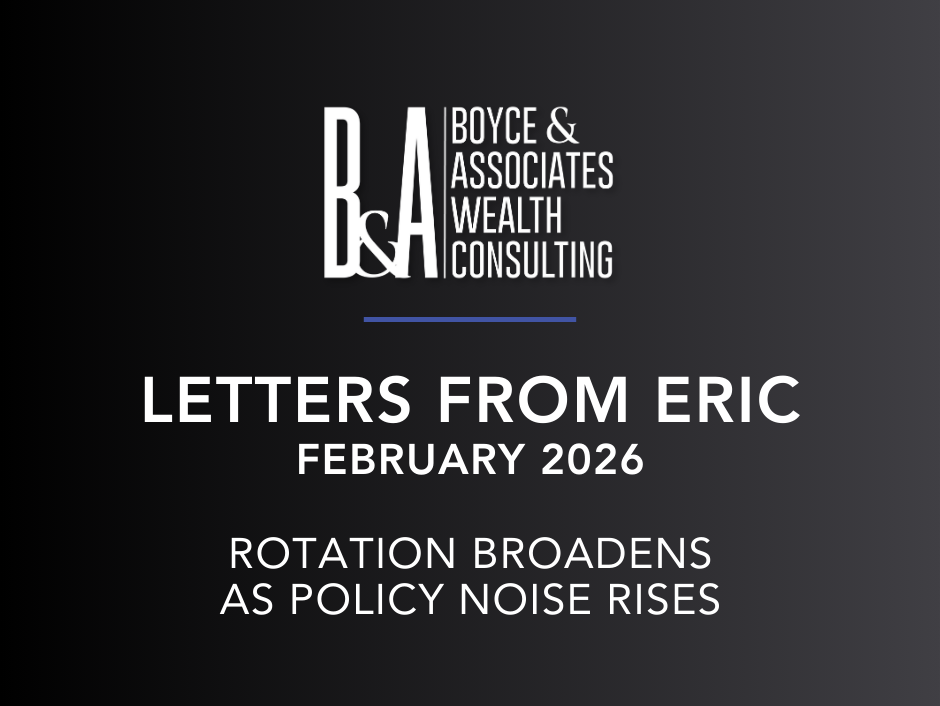10 Tips for completing the FAFSA
It is that time of year when our senior students begin applying for college. While this is an exciting milestone for many families as the student plans for his or her next chapter of life, it is also a process that can be quite intimidating for families. Upon the many moving components to the college application and planning process, the Free Application for Federal Student Aid (FAFSA) is one that many families find rather intimidating and confusing. Moreover, completing this incorrectly can cause your family to receive much less need based aid due to a simple mistake.
In a normal year, the FAFSA would already be open for families beginning October 1st. The family would complete it for the first time when their student is a senior. However, beginning last year the U.S. Department of Education recreated the FAFSA website and calculations. There were many delays and miscalculations as a result of attempting to do too much with too little time. These delays have unfortunately lagged into this year, making the FAFSA unavailable for most families until December 1st of 2024. With this in mind, we want to provide you with some tips that will help this process go smoothly.
Tip #1: There is no amount of income or assets that disqualifies a family from receiving need based aid. The most common mistake families make is assuming they make too much and will not qualify for any aid. We highly recommend every family complete this, regardless of income. The worst news a family can get as a result is that they do not qualify.
Tip #2: The FAFSA is not a one time application.
The student and parent will be required to file the FAFSA every year that the student plans on returning to school the following academic year.
Tip #3: Complete this application together.
The way we recommend to complete this is by having the student and parent sit down at the table together. The parent can help the student complete their portion first and upon the student’s submission, the parent can then begin theirs. This will ensure the application is done right the first time.
Tip #4: For any dependent student, they should apply by having the student do their part and then the student will invite the parent to complete their portion.
Although there is an option where the parent does the whole application themselves, we do not recommend this route. Failure of the student to take initiative is a way of telling the FAFSA that you do not want need based aid money.
Tip #5: Understand which parent(s) have to complete the FAFSA.
For married parents, usually only one parent will have to complete the FAFSA. For divorced parents, the parent with primary custody will usually be the only one who has to complete it (unless the parents still live together). For parents who share equal custody, it gets a bit more complicated. The FAFSA rules from the DOE go into details of your particular situation in this case.
Tip #6: Understand your base year.
One of the most important parts of the FAFSA calculation is income. The parent and student income will both be reported from the base year. This year is January of the student’s sophomore year to December of their Junior year. In other words, the full calendar year before they become a senior.
Tip #7: Understand what assets have to be included in your FAFSA.
Another common mistake many families make is including assets in their FAFSA that they do not have to include. A few significant assets that are excluded from the FAFSA include the equity in your primary home, retirement accounts (IRA’s, 401k’s, 403b’s, etc.), cash value life insurance, and annuities.
Tip #8: Be weary of student asset levels.
It may seem like suggesting to minimize the student’s assets is a bit counterproductive. However, the reasoning is to help with the amount of aid your family could qualify for. The parent will get an amount of their assets that is excluded from their aid calculation based on the parent age and number of household members. However, the student gets no asset exclusion allowance. This means that every penny in the student’s name will count against them on the FAFSA.
Tip #9: Get your FAFSA submitted as early as possible.
The buckets of money that fund need based aid for students are not bottomless. Once the money to fund aid is distributed, it is gone. Therefore, it is wise to get your FAFSA submitted as early as possible to ensure that your application is at the top of the pile.
Tip #10: Ensure all details are accurate before submission.
This final tip seems obvious. However, every year, a few families will fly through this and submit an application with incorrect information. It is a lot easier to spend the extra time on the review section and ensure the application is correct prior to submission. An error on the application will cause you to have to revoke the application and resubmit and put your student’s FAFSA at the bottom of the pile. Therefore, ensure it is done right the first time.
While there are many components to the FAFSA, we hope this will provide some good starting tips to begin this application. A+ College Planning and Boyce & Associates are more than happy to be a resource if you would like to learn more about how to apply these to your particular situation.










